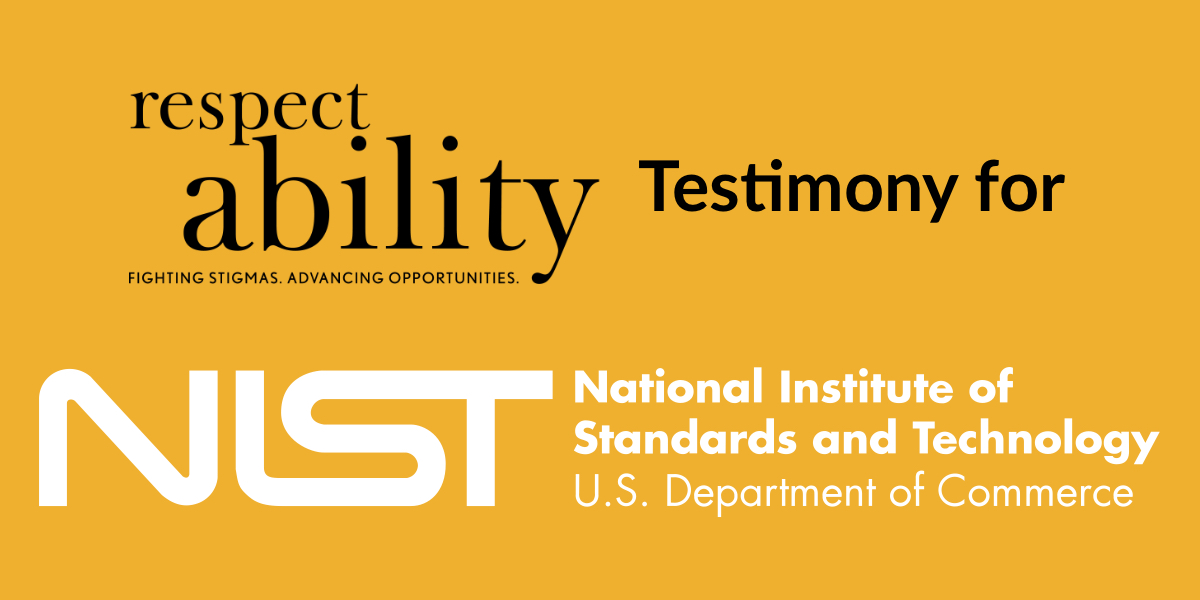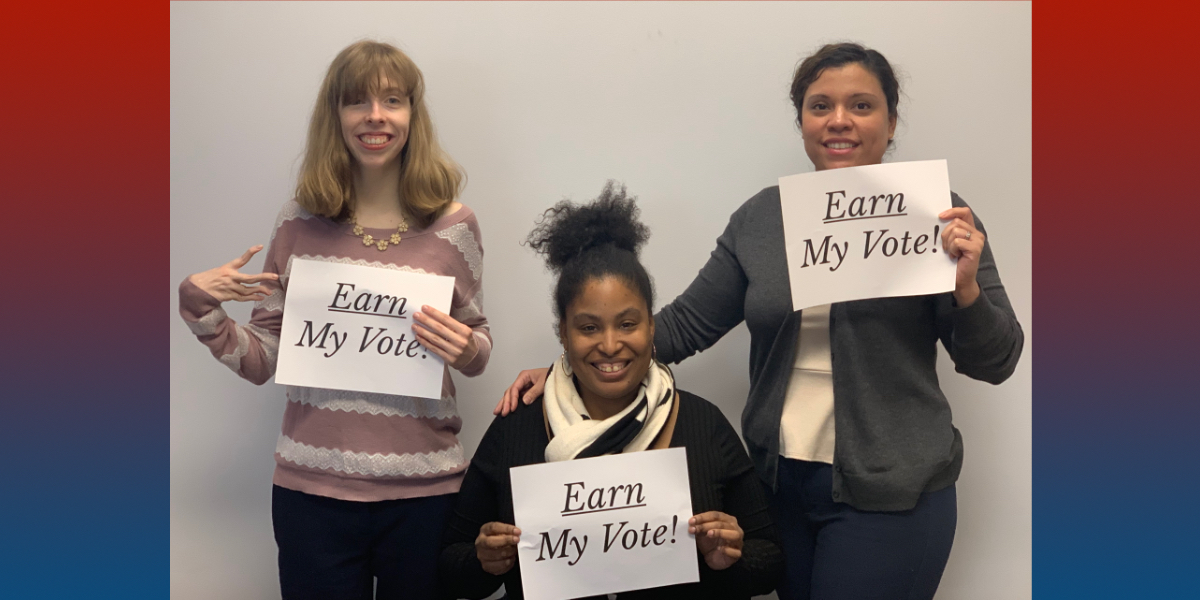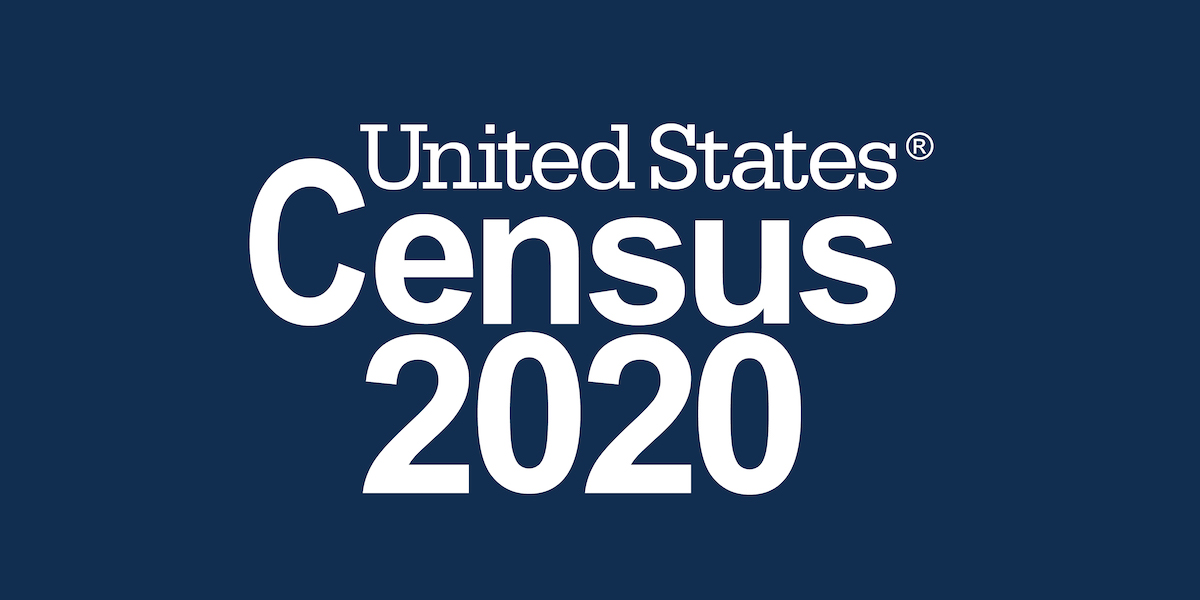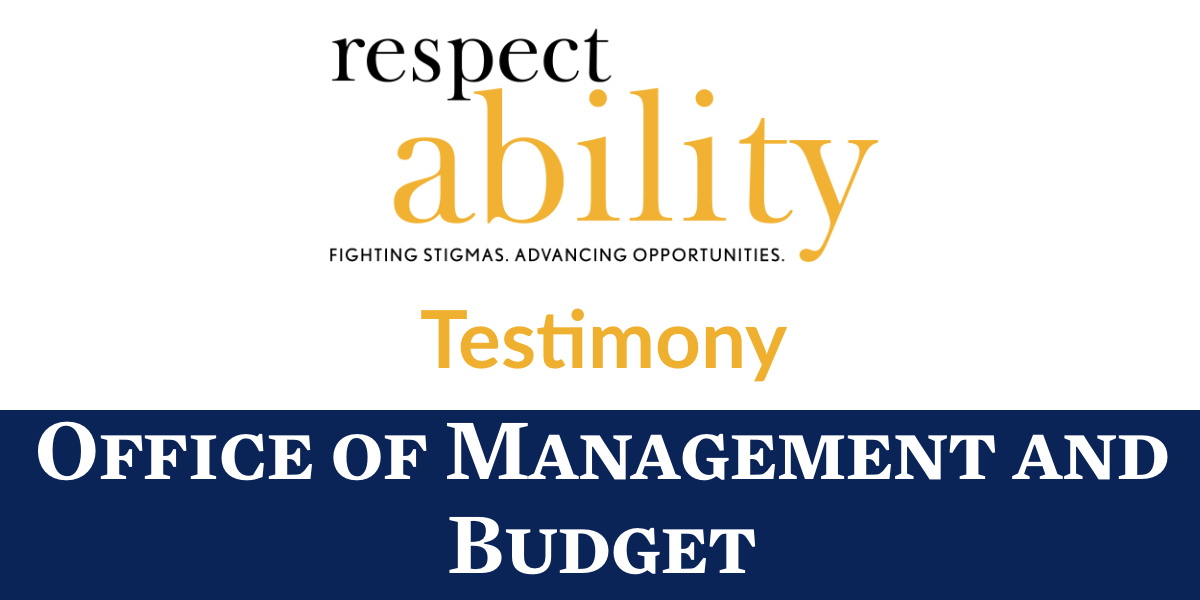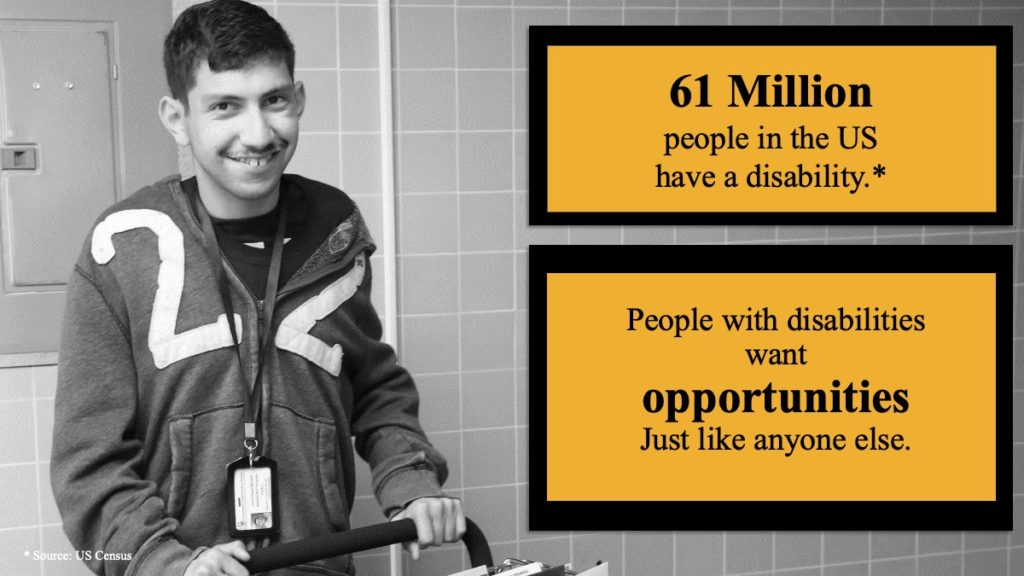Washington, D.C., July 19 – Last week, RespectAbility submitted comments to the National Institute of Standards and Technology’s (NIST) Request for Information (RFI) regarding voting access for voters with disabilities.
This RFI comes after President Biden signed the Executive Order on Promoting Access to Voting in March of this year. Within the Executive Order, President Biden called on the NIST, along with the Department of Justice, the Election Assistance Commission and other relevant agencies to “analyze barriers to private and independent voting for people with disabilities, including access to voter registration, voting technology, voting by mail, polling locations, and poll worker training.” This is a critical step towards understanding how to improve access for the 38 million eligible voters with disabilities in America who look to cast their ballots in future elections.
